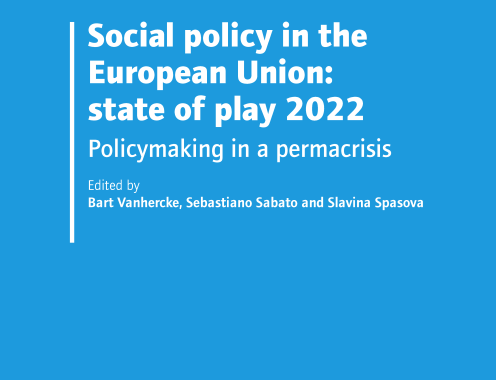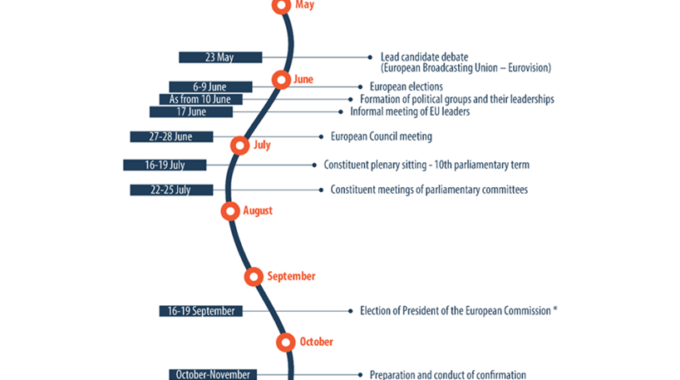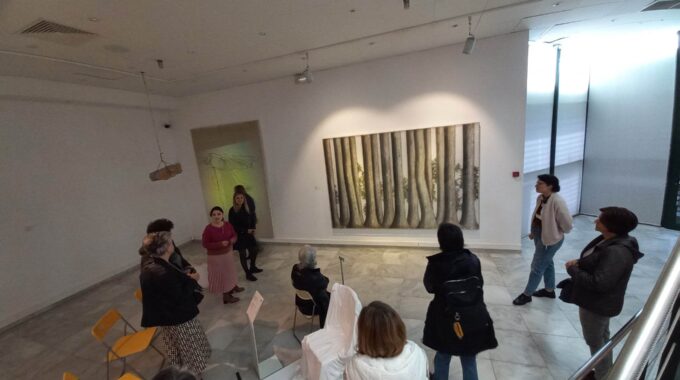
Social policy in the European Union: state of play 2022
At the beginning of 2022, hopes were high that the Covid-19 pandemic was on the ebb and that the European Union (EU) would be able to focus again on the main challenge of this century: how to proactively tackle the green and digital transition in a socially fair and inclusive way. But the Russian invasion of Ukraine dashed these hopes. Realpolitik was back on the agenda, with the EU having to figure out how to deal with its Eastern neighbour. Overnight, EU dependence on Russian fossil fuels became a major headache. With energy and food prices soaring, double-digit inflation reared its ugly head throughout the world, resulting in a cost-of-living crisis which has pushed millions of people into poverty as well as stoking popular discontent and mobilising trade unions, with the prospect of further civil unrest, protests and strikes. Obviously, all this had a major influence on EU policymaking: while the Russian military aggression in early 2022 prompted the EU to respond with unprecedented steps forward in European integration, it also highlighted the weaknesses in the EU governance system. A health crisis, an economic and financial crisis and a climate crisis are unfolding in parallel, while full-scale war is back in Europe. The question is now whether ‘normal times’ will ever return or whether we will find ourselves living in a state of ‘permacrisis’.
Continue reading here





